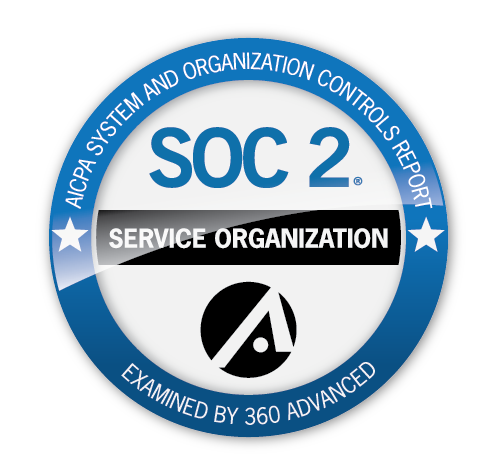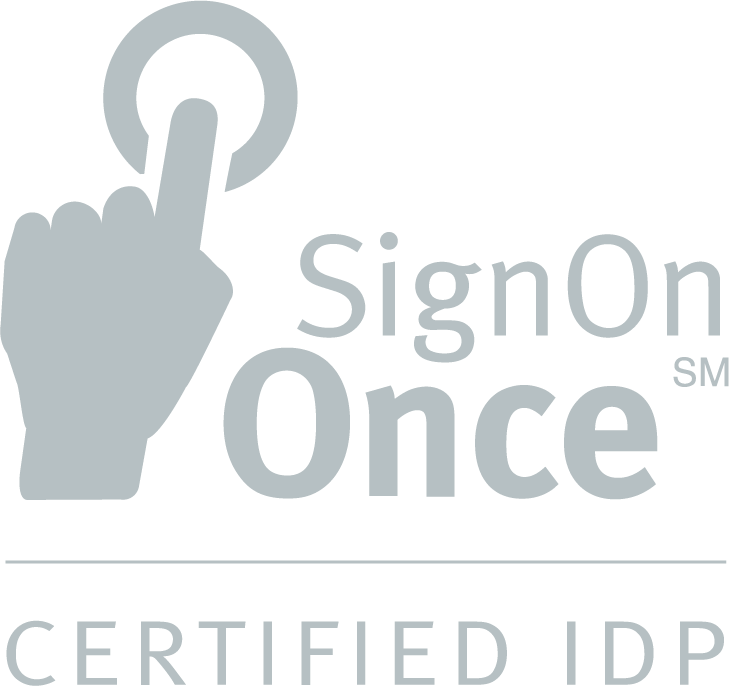Good underwriters must possess a unique combination of skills, knowledge, and flexibility. Great underwriters rely not only on this professional toolset, but technology that helps them maximize their efficiency, too. To better understand the values at the core of smart underwriting, outlined below are the four essentials that every insurer should prioritize—and that every underwriter should leverage to advance in their careers.
1. Experience
Underwriting is not simply a matter of crunching numbers: it's about understanding the nuances of the insurance industry and correctly applying that knowledge to make informed decisions. As with all information-based professions, the effectiveness of an underwriter improves with learning and experience. Seasoned underwriters depend on their depth of industry insights developed over years that help them assess risks more accurately than the average new hire. For insurers aiming to win more business, investing in workflows that help these underwriters apply their insights more efficiently can be more valuable than simply hiring and training new underwriters.
As an example of missed opportunity, a substantial portion of an underwriter’s time—often around 30%-40%—is consumed by administrative tasks like rekeying data or manually executing analyses. This detracts from their ability to focus on more complex and interesting risks.
Modernizing workflows
For insurers, it’s imperative to focus on modernizing workflows. Automating or simplifying mundane, time-consuming tasks frees up time for skilled underwriters to concentrate on high-value assessments. This not only enhances workplace efficiency, but also improves job satisfaction among underwriting professionals.
2. Research and market data
Smart, streamlined underwriting requires simple access to comprehensive market intelligence and risk data. However, many underwriters working with legacy platforms frequently find themselves bogged down by the challenging process of manually sourcing information from different sources and systems.
Streamlining information gathering
For more streamlined information processes, transitioning to a consolidated information portal can make a major impact. It’s a central source or toolset that simplifies data retrieval and research, reduces the frustration of multiple systems, and significantly boosts overall productivity. By having all necessary information at their fingertips, underwriters can make better informed decisions with speed and accuracy.
3. Adaptability
Like all industries, insurance is subject to evolving macroeconomic factors. Underwriters must stay agile and react proactively to changing circumstances, including issues such as changing regulations, rising inflation, supply chain disruptions, or geopolitical uncertainty.
Shifting priorities
With premiums projected to rise, there's a growing shift among insurers from focusing purely on innovation to maximizing operational efficiency. The emphasis on smarter, more efficient underwriting exemplifies this shift and demonstrates how underwriters must adapt to evolving conditions and customer expectations. For insurers, staying ahead of these changes is essential to maintaining competitiveness and relevance in the market.
4. Emerging Technology
The growing adoption of new technology such as advanced analytics, natural language processing, and artificial intelligence (AI), have raised concerns about the potential to someday replace underwriters with machine learning. However, the reality is that these technologies are meant to complement human expertise, not supplant it.
Amplifying human expertise
As a recent Deloitte financial services report stated, “underwriters who embrace and adapt to transformation demands and enhance their core skills and overall expertise have an opportunity to widen their career paths and become champions of the technologies that will likely make their jobs easier yet more challenging and satisfying.” In effect, AI and new technology can provide useful information and assist underwriters in tasks such as data collection, price quoting, and policy issuance—but it will still be up to underwriters to ingrain this technology into their daily workstreams in ways that increase the value of human insight.
Tools such as AI can augment the underwriting process, but still leave space for underwriters to leverage their judgment to analyze and, if necessary, overrule the technology's recommendations. The human element in underwriting remains irreplaceable, as it involves understanding the intricacies of risk that go beyond algorithms.
Read also: Streamlining insurance operations with straight-through processing
Efficiency in underwriting requires insurers and underwriters to champion experience, access to comprehensive data, adaptability, and a skillful relationship with emerging technology. Industry professionals who understand these essentials can help shape the future of underwriting as a dynamic and evolving discipline.


